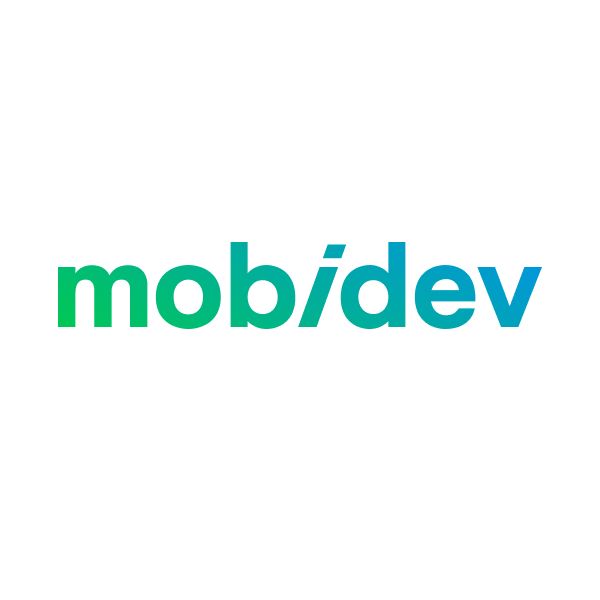192 reads
Complete Guide to Healthcare Software HIPAA Compliance
by
July 20th, 2021

Trusted software development company since 2009. Custom DS/ML, AR, IoT solutions https://mobidev.biz
About Author
Trusted software development company since 2009. Custom DS/ML, AR, IoT solutions https://mobidev.biz
